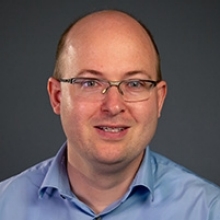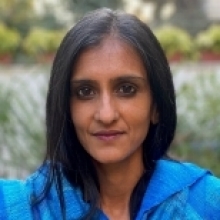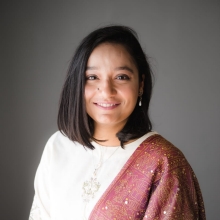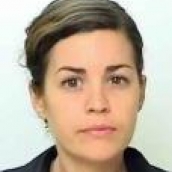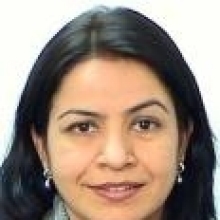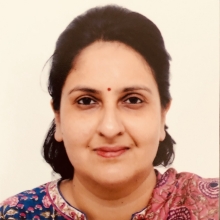Wednesday, May 25, 2022 8:00 am - 09:30 am EST
Women's Groups in South Asia: Landscape, Impact, and the Future
May 25, 2022
Zoom
MULTIMEDIA
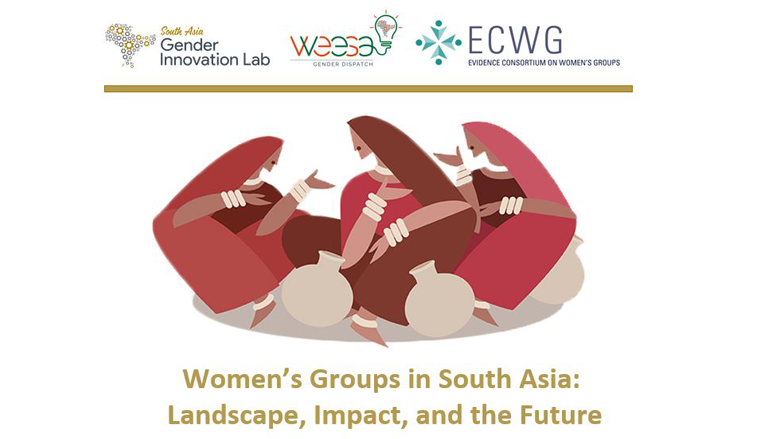
-
Women’s groups include self-help groups (SHGs), livelihoods groups, producer collectives, and other groups formed with social action, health, and empowerment objectives. Women’s groups are widespread in South Asia where they are instrumental in generating economic opportunities and enhancing women’s well-being. The existing literature highlights promising evidence of positive impacts of some women’s group types on women’s economic, political, reproductive, and social empowerment. However, the women’s groups’ objectives differ as do their results.
Co-organized by the South Asia Gender Innovation Lab (SAR GIL) and the Evidence Consortium on Women's Groups (ECWG), the webinar will present findings from three streams of work supported by the South Asia Gender Innovation Lab.- A typology of women’s groups in South Asia with a particular focus on the design frameworks, implementation modalities, and composition of groups.
- Findings from a recent systematic review that assesses the impacts of SHG interventions on women’s economic participation and empowerment outcomes in South Asia.
- Implementation and design experiences from the Strengthening Afghan Women’s Economic Empowerment Project (SWEEP) in Afghanistan.
-
-
EVENT DETAILS
- DATE: May 25, 2022
- TIME: 08:00 - 09:30 AM EST
- CONTACT: South Asia Gender Innovation Lab
- sargenderlab@worldbank.org
